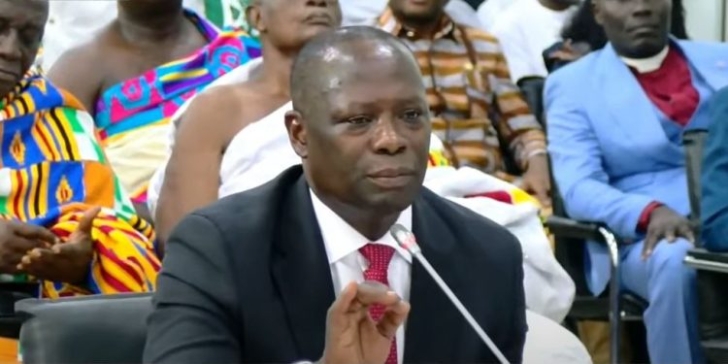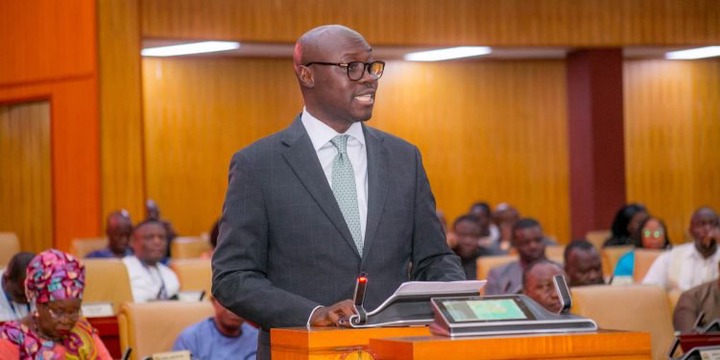
In a significant move to reform Ghana’s mining sector, Kwaku Afriyie, the Minister of Lands and Natural Resources, has introduced a new regulation requiring local chiefs and District Chief Executives (DCEs) to approve mining licenses before operations can begin in their respective areas. This decision aims to involve local communities in the decision-making process, addressing growing concerns about the environmental and social impacts of mining, particularly in regions rich in gold and other minerals.
Under the new directive, no company will be granted a mining license without first obtaining approval from both the local chiefs and DCEs, who oversee district affairs. This is seen as a step toward ensuring that the interests of local residents are better represented in mining activities. The government believes that by involving local authorities, the industry will become more transparent and accountable.
Minister Afriyie emphasized that the move would strengthen the partnership between mining companies and local communities, aiming to ensure that mining activities benefit both the national economy and local populations. The government is hopeful that this framework will address long-standing issues, including land disputes, environmental damage, and social unrest in mining communities.
Despite the potential benefits, the policy has raised concerns about delays in the licensing process. Critics fear that requiring local approval may slow down the issuance of permits, potentially discouraging foreign investment in Ghana’s mining sector. However, the government is determined to promote sustainable mining practices while supporting local communities.
This change represents a major shift in how Ghana manages its mineral resources, with further details expected in the 2025 Budget, which will outline the government’s plans for supporting communities affected by mining operations.




